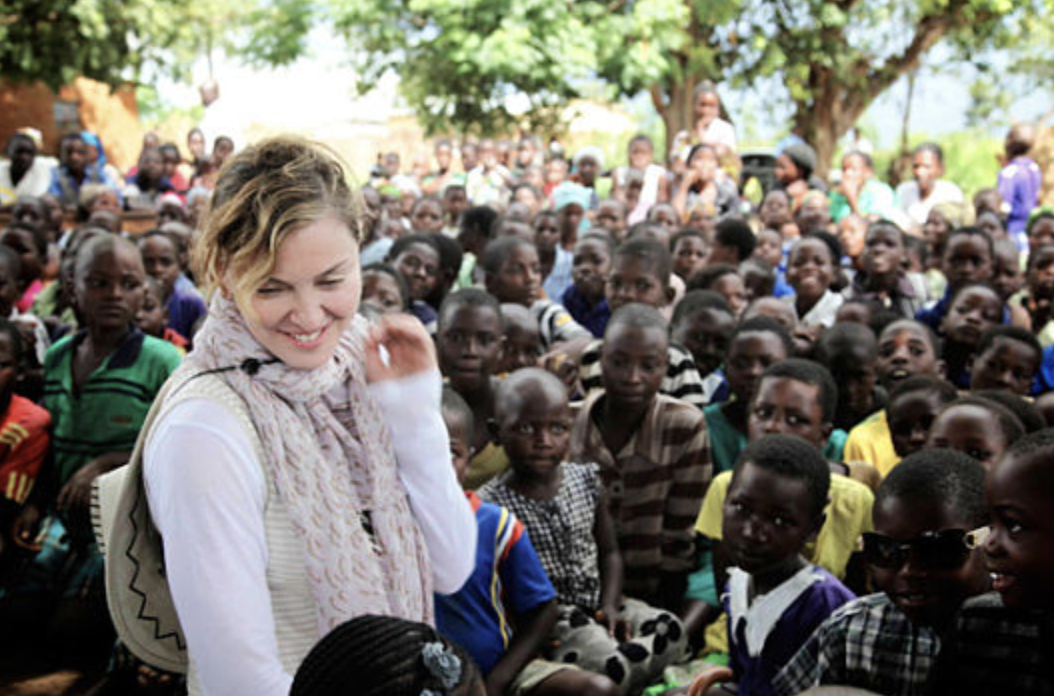The Rohingya are a Muslim ethnic minority who have lived in Myanmar for many generations. Despite that, they are not recognized as an official ethnic group and have been denied citizenship, making them the world’s largest stateless population. Following serious human rights violations and violent military crackdowns in Myanmar’s Rakhine State in August 2017, over 750,000 Rohingya fled to Bangladesh and joined the previous waves of Rohingya refugees who fled the country in the 1970s and 1990s. Today, nearly one million Rohingya refugees live in Bangladesh. A majority of them live in the Cox’s Bazar region, which is home to Kutupalong, the world’s largest refugee camp (UNHCR, 2023).
Inadequate Resource Distribution in Refugee Camps
Food and water are very vital factors for maintaining safe and healthy refugee camps. The lack of resources for refugee camps has always been a big issue; children and women, especially, are impacted the greatest. Refugee camps often have no resources as they tend to depend almost entirely on humanitarian organizations and what they can provide. The malnutrition and dehydration that occurs in camps greatly contributes to an increased risk of disease, such as cholera and diarrhea (Thelwell, 2021). Refugee camps often do not have many sanitary measures in place; the increase in disease rates only makes the situation worse for all of the displaced individuals living in the refugee camps.
The Dangers of Extremism: How Intensifying Alt-Right Movements Specifically Threaten Refugees and Immigrants
From arduous bureaucratic processes to daunting language barriers, a refugee or asylum seeker resettling in a new country faces many initial obstacles. Yet in the midst of these tangible difficulties, there is a less visible, but just as prevalent, barrier: the increasing prevalence of xenophobia and extremist, anti-immigrant ideology in sociopolitical landscapes. Throughout much of Europe and the United States, there has been a rise in anti-immigrant rhetoric in reaction to refugee movements and in conjunction with the increasing prevalence of far-right extremism. This type of isolationist, ultra-nationalist ideology not only threatens the livelihood and wellbeing of migrants globally, but could also signal a concerning turn towards alt-right and populist movements inching closer to the political mainstream.
Humanitarian Law Fails Palestine
Throughout the course of human history, war has been ruthless, often senselessly tearing apart families and livelihoods during callous power struggles between two belligerent parties who unnecessarily involve innocent people. It was not until fairly recently in human history that conventions occurred to attempt to make fighting more humane. Due to the lack of consensus on a war crime and the tendency of attacking forces to disregard human life, much less human dignity, the exact definition of a ‘war crime’ and ‘crimes against humanity’ remains elusive. Generally speaking, a war crime is a “serious violation of the laws or customs of war as defined by international customary law and international treaties,” and can apply to civilians and armed soldiers, while crimes against humanity apply to civilians (Penrose, 2022 & “Crimes Against Humanity”, n.d.).
Hosting Refugees: How Nations Can Help Mitigate the Effects of Forced Displacement
With the outbreak of the war in Ukraine contributing to the ever-growing refugee crisis around the world, it is important to shine a light on the many reasons why hosting refugees is beneficial, not only to the refugees themselves, but also to the countries that host them.
Dr. Craig Loschmann, a research fellow at UNU-MERIT focusing on analyzing conflict-related migration, argues that the mere economic benefits of hosting refugees outweigh the possible associated risks. His experience participating in different UNHCR-funded projects in refugee camps in Burundi and Rwanda led him to conclude that hosting refugees can help…
High-Income Country Privilege and How it Affects Refugees
The refugee crisis is one of the largest humanitarian crises in the world. That being said, before discussing how people who live in the high-income countries (HICs) (Europe and America are the main ones to note) have imposed a superiority complex disguised as heroism, it is essential to note a few things. This is a very sensitive issue and should be treated as such. Additionally, this post is a glimpse into many nations’ shortcomings in regards to the refugee crisis, so in no way is this a localized issue. This post will highlight some of the many ways people who live in high income countries have imposed a superiority complex and how it has harmed refugees and their communities, with sources all being from a refugee’s perspective….
Working Within the Nonprofit Industrial Complex: A Reflection
With the rise of neoliberalism and decreased government involvement in welfare, nonprofits have filled the gap to provide social services to those in need (INCITE! 2007). The nonprofit industrial complex (NPIC) refers to the eclectic collection of privatized nonprofits that provide social service, usually with financial aid from corporations and the government (Samimi, 2010). The NPIC has grown considerably in strength after the rise of neoliberalism in the 1970s due to the government’s lack of willingness to address social issues…
3 Book Recommendations for Future Health Care Professionals
Often when it comes to students who are in a STEM-related field, such as the health sciences, they find themselves clinging onto science and cringing at the humanities. This can turn out to be inefficient, ineffective, and ultimately inhibitive for future health care professionals. When working in a field that involves direct contact with patients, you need to remember that they are people first, and people often share universal themes that are explained or best represented through the humanities. Taking the time to be able to read literature, or watch a film or play and be able to analyze it or find parts that you can relate to can prove to be a key factor in helping you develop the skills necessary to understand and communicate with others.
Aside from exposing yourself to the humanities to gain better analytical and interpretive skills, by not pursuing a holistic and more well-rounded education, you’re also unintentionally missing out on a lot of good books. Books that educate you, challenge you, or inspire you.
Here are three of my top recommendations for students considering…





